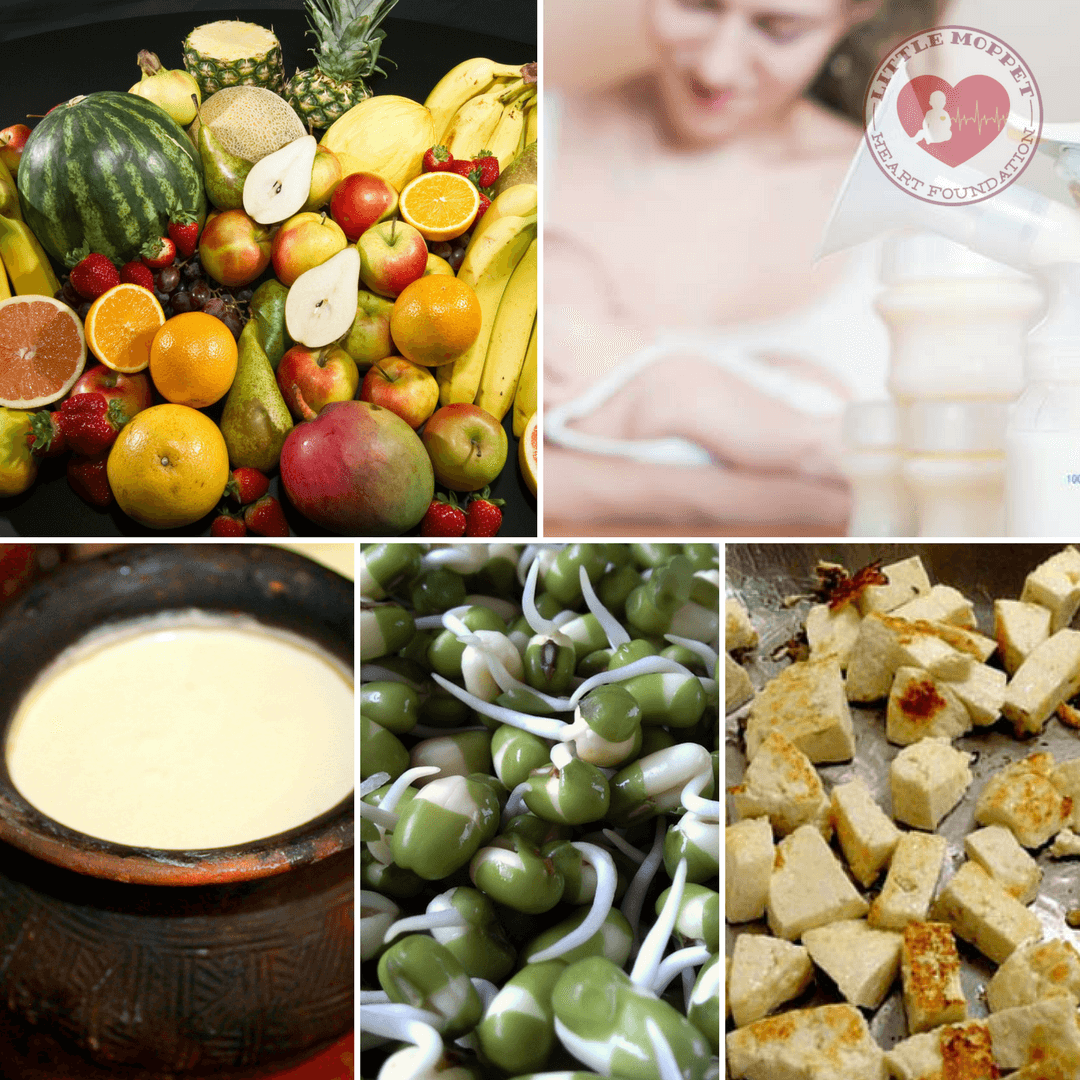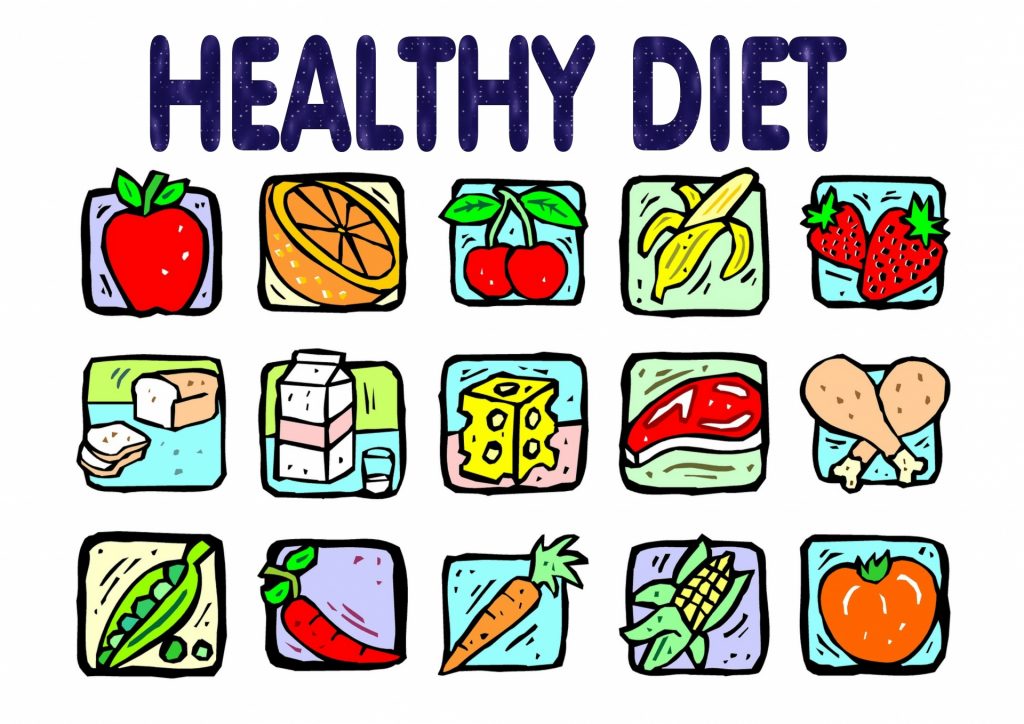-
 23Dec
23DecDiet for Child with Congenital Heart Disease
All parents might have concerns for their child but it is a matter of great concern for a ‘CHD Parent’ on what to feed the child. It is imperative for parent of a child with Congenital Heart Disease to know the right nutrition to be given.
Since a congenital heart can be detected at any stage from birth to adulthood, it is necessary to know the right diet for a babies and toddlers. More importantly you need to learn of the foods that are to be avoided. So,diet plans are to be choosen only in consultation with the doctor. This aricle is to clear the air on things to include and avoid in a CHD child’s diet.
Please exercise your own judgement in considering the child’s readiness for the foods.
For a Baby
- A baby’s diet requirements are to be addressed with utmost care. It is necessary that a baby is exclusively breastfeed for 6 months.
- If the baby is too weak to suck, use a pump and serve with a clean bowl and spoon.
- Do not dilute breastmilk with water. If your using formula feed it is recommended to use 30 ml of water for a spoon of milk.
- High caloric formula feeds can be started after discussing with the doctor.
- Mineral and vitamin supplements should be given according to doctor’s advise
- A baby with CHD will require extra calories need to be fed more frequently.
- When the baby has any infection, give extra feeds during the recovery to help the baby back to normal (CatchUp feed)
- It is recommended to feed only breastmilk or formula for babies upto one year and not introduce cow’s milk.

For a Toddler
A toddler would have already been introduced to solids, after it is known that he/she has a Congenital heart disease there might be uncertainity about how much, and what to feed.
- When a child is battling Congenital heart disease the faster metabolism causes burning up of calories. CHD-Kids hence need to be fed with high calorie food.
- Too much liquids should be avoided and more of solids and semi-solids should be given.
- Foods that are packed with calories and nutrients in small quatities can be given more frequently.
- High protein food should be given like eggs, meat, chicken and fish, for vegetarians sprouts and soybeans can be included.
- Ghee, milk,and curd can be fed to your little kid as desired.
- Junk food is best avoided for your children and a healthy balanced diet with extra calories is all that your kid requires.
- For older children limit the salt intake, cholestrol and saturated fat-rich foods.
- Include foods with omega-3 fatty acids, plant proteins like beans and peanuts.
DONATION
however small or big
can help a little heart
Details
